Max Littman, LCSW
October 21, 2025
In IFS sessions, insight work—particularly with exiles—depends on there being a critical mass of Self energy in the room. A critical mass does not mean perfection or purity; it means enough calm, curiosity, compassion, and connection that a part feels safe enough to show itself, speak its truth, or risk softening. The system doesn’t need to be entirely free of protectors for this to happen. It needs only a sufficient portion of Self energy to hold the space.
Many of us, especially those early in IFS practice, develop an internal standard that the client—or we—must be fully “in Self” before meaningful parts work can occur. We might listen for Self-like parts and name them with surgical precision, trying to ensure we and our clients are not speaking or acting from a part (e.g. blended). While this discernment is important, vigilance can begin to crowd out the very quality we’re hoping to invite. Self energy flows best when it’s trusted, not inspected.
Self’s Subtle Presence
In watching and listening to the robust collection of Dick Schwartz’s demos, we can witness how little he labors to get every Self-like part to step back before proceeding. He’ll often ask what might sound like leading questions, such as, “Are you feeling curious about this part?” or “Are you feeling open to getting to know this part?” Alternatively, when clients respond with something like, “I feel like I want to hug it and tell it it’s okay, help it feel better,” Dick often invites them to go ahead and do that, to see how the part responds, or gently guides them into getting to know the part more fully.
Although he doesn’t break down his sessions in detail, I imagine he’s aware of—or at least holds the possibility of—the presence of Self-like parts. If he does notice them, he doesn’t get preoccupied with purifying the space. I believe his confidence in the client’s Self provides a gentle containment that allows parts to begin trusting Self organically, without explicit direction.
I’ve found that a critical mass of Self energy often comes forward most potently when the least effort is made, even as protectors remain nearby. Insight work doesn’t require their disappearance; it requires their trust. When a critical mass of Self energy is present, protectors tend to relax enough for other protectors and exiles to feel seen. Trying too hard to name or move aside every Self-like part can actually bring more self-consciousness and shame into the room. It can signal to the system that something about its way of being is wrong or impure, leading to exile rather than inclusion.
When There is an Insufficient Amount of Self Energy
Even when we know this in theory, the absence of a critical mass of Self energy can be difficult to discern in the moment. I’ve known this experience firsthand: I was once the subject of a demo in a large IFS training with a highly respected trainer, proving it can happen to even the most experienced among us.
Twice during the demo, Self-like parts were called out and asked to relax by the trainer. Before they could respond, they were overridden by my people-pleasing, good-girl part. From there, the rest of the session became performative, colored by the trainer’s interaction with my parts. The rupture was never acknowledged or repaired. Although I can’t know the full story of what happened, especially inside the trainer’s system, a part of me believes my system became the subject of being a “good demo” rather than being met as it was. In the aftermath, my intellectual and get-it-right protectors activated, eventually cascading down to exiles holding beliefs of inadequacy. My point is this: getting blended with an agenda can happen to anyone, and acknowledgement, accountability, and repair are essential.
The lesson for me was not about blame, but about humility—how easily even seasoned systems, trainers, practitioners, and participants can blend with agenda or performance. Remembering this helps me soften toward myself and my clients when protectors appear to take over the process and when a part of me feels an urge to get Self-like parts to step back.
When Our Self-like Therapist Parts Relax
As therapists, our own Self-like parts can become perfectionistic in their attunement—listening too diligently for parts language, parsing every phrase for protector content. When I watch Dick work and take in his Self energy and approach by osmosis, much of my system relaxes in subsequent sessions with clients, contributing to a critical mass of Self energy that can grow within me, the relational field, and my clients. Here, we can see how an attuned, curious presence often invites more Self energy than analysis does. When we relax, the client’s system often responds with trust and relaxation.
This doesn’t mean ignoring our own or the client’s Self-like parts or proceeding unconsciously. It means using discernment about whether or not to name them aloud. Awareness and attunement are critical; emphasis is optional. Over-articulating can fracture what’s already whole enough to facilitate healing. Sometimes the most effective, heartfelt, Self-led thing we can do is simply to keep our attention open, sensing that there’s already enough Self energy present to continue.
For feedback and comments, I can be reached at max@maxlittman.com.
I provide consultation and therapy for therapists.
Purchase my new book IFS Therapy for Gay and Queer Men here.
